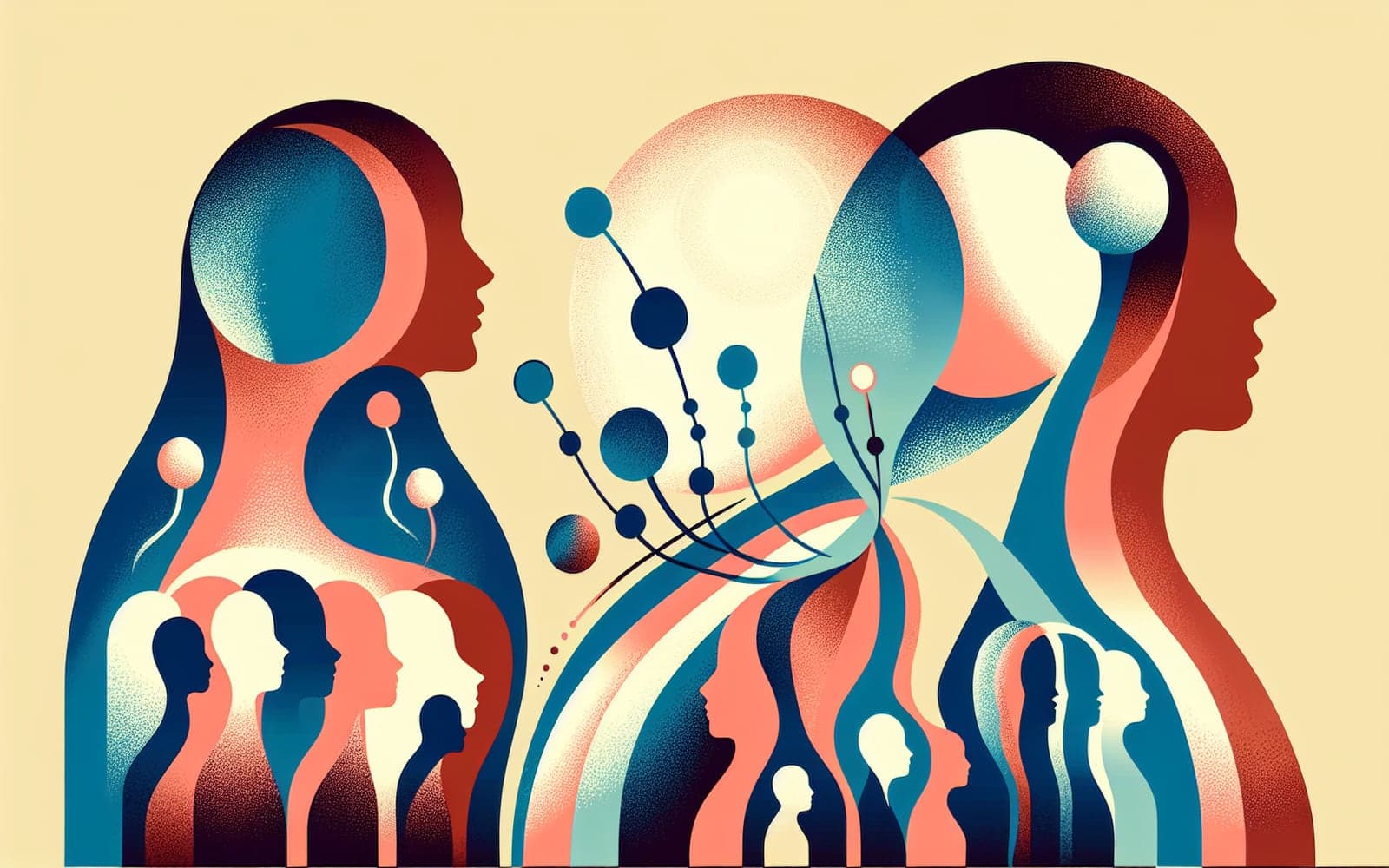Infertility: A Growing Concern?
Published: May 09, 2024
Infertility is becoming a more recognized issue worldwide, affecting millions of couples. Understanding its causes and implications is crucial for those facing this challenge.
Contents
Defining Infertility
Infertility is when a couple can't achieve pregnancy after a year of regular, unprotected intercourse. For women over 35, this timeframe shortens to six months. It's important to note that both men and women can contribute to infertility issues.
Factors That Influence Infertility
Infertility can be influenced by age, health conditions, and lifestyle choices. As women age, their fertility declines, especially after age 35. Other factors include medical history, race, and access to healthcare services.

Common Causes of Infertility
Infertility can stem from various causes such as ovulatory dysfunction, tubal damage, and male factors like low sperm count. Sometimes, despite thorough evaluation, the cause remains unexplained, making diagnosis challenging.
Frequently Asked Questions
Infertility is the inability to conceive after a year of trying.
Yes, fertility typically declines as women age, especially after 35.
Yes, both male and female factors can affect fertility.
Common causes include ovulatory issues and low sperm count.
Key Takeaways
Understanding infertility and its causes is vital for addressing this growing concern.
Get started by discussing infertility concerns with Doctronic today.Related Articles
References
Practice Committee of the American Society for Reproductive Medicine. Definition of Infertility: A Committee Opinion (2023).
World Health Organization. Infertility Prevalence Estimates, 1990-2021.
Always discuss health information with your healthcare provider.

